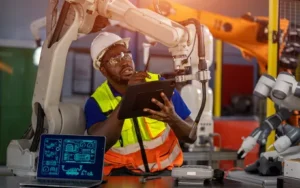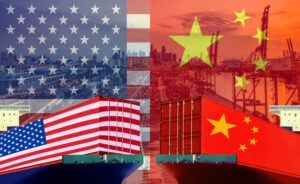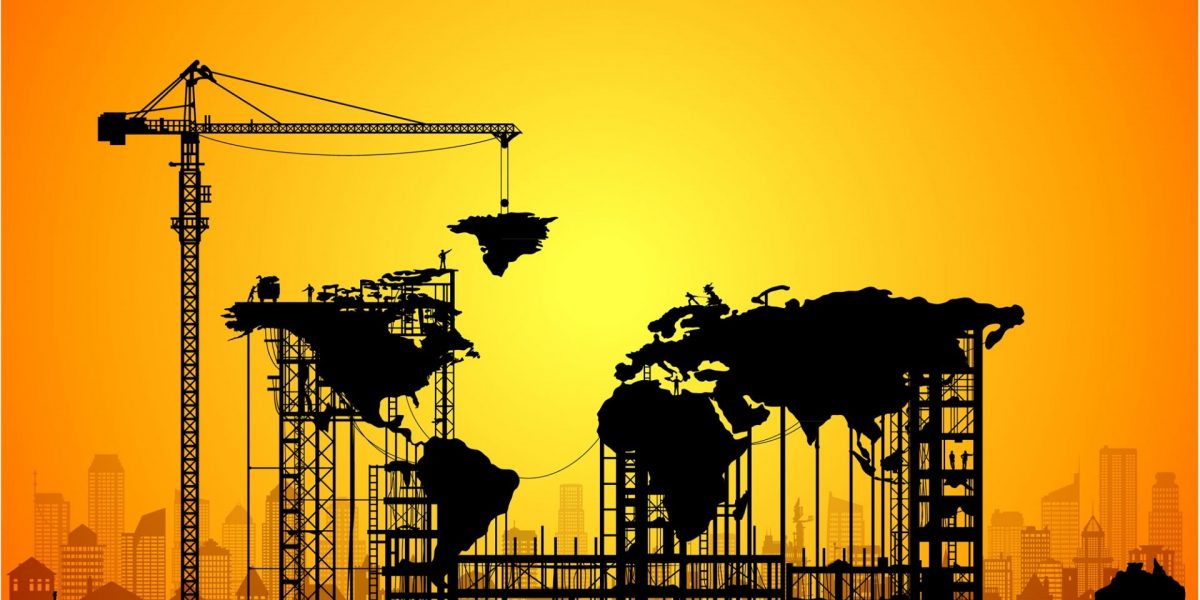Nations investing in AI Asserting Influence On The Global Stage

In a world where silence often speaks louder than speeches, diplomacy is evolving—subtly, profoundly, and, in many cases, algorithmically. Artificial intelligence is emerging as the most discreet yet decisive force in international relations. It doesn’t wave flags, but it deciphers them. It doesn’t attend summits, but it shapes the conversations before they begin.
For those who move in elite diplomatic and geopolitical circles, AI is no longer a background tool—it is becoming the very fabric of 21st-century soft power.
From Traditional Statesmanship to Predictive Strategy
Classical diplomacy relied on experience, instinct, and human intelligence. Today, AI augments these traits with real-time data, sentiment analysis, and predictive modeling. It allows diplomats and global strategists to assess political volatility, detect misinformation, and map potential alliances or fractures with precision previously unimaginable.
In negotiations, AI-powered systems can analyze counterparts’ communication patterns, highlight inconsistencies, and even anticipate negotiation tactics—silently advising diplomats behind the scenes like an invisible strategist.
This is no longer diplomacy as theater. It is diplomacy as calculus.
AI as a Tool of Soft Power
Nations that invest in AI infrastructure are not just advancing technologically—they are asserting influence. From the European Union’s AI regulations to China’s state-led AI industrial strategy, the geopolitical arena now recognizes AI as a core component of global relevance.
The soft power of AI lies in its ability to shape narratives, control information flows, and offer humanitarian or security solutions that win trust. Consider AI used in climate prediction or pandemic response: whoever controls such systems controls the conversation.
As luxury once followed art and architecture, global trust increasingly follows technology.
Private Diplomacy in the Age of Intelligence
In the past, diplomacy was the exclusive domain of statesmen. Today, high-net-worth individuals, sovereign investors, and private institutions are becoming diplomatic actors in their own right. AI gives them an edge—granting access to geopolitical dashboards, real-time crisis simulations, and cross-border risk analyses once reserved for embassies and intelligence agencies.
Luxury in diplomacy now means discretion, insight, and timing. AI enables all three.
Whether funding peace initiatives, guiding philanthropic diplomacy, or influencing multinational policy through strategic holdings, the elite of tomorrow will be fluent not only in geopolitics—but in algorithms.
The New Cold War: AI and Global Influence
Let us not be naïve: AI is becoming a proxy battleground. Nations are racing not just to deploy AI, but to define its ethical boundaries. Control over foundational models, quantum-enhanced AI, and data sovereignty will define global hierarchies.
The new arms race is not nuclear—it’s neural.
And just as legacy families once invested in oil, land, and minerals, the shrewd few are now investing in intellectual infrastructure: talent, patents, compute power, and institutional access to AI’s future.
Conclusion: Diplomacy’s Quiet Renaissance
The diplomat of the 21st century is not simply a negotiator. They are a strategist, a curator of data, a steward of global perception. Artificial intelligence is not replacing human diplomacy—it is refining it, extending it, and in many ways, elevating it.
In this quiet renaissance, power lies not in who speaks the loudest, but in who listens best, calculates fastest, and moves first—quietly, precisely, invisibly.
This is diplomacy redefined. And AI is its most elegant instrument.




